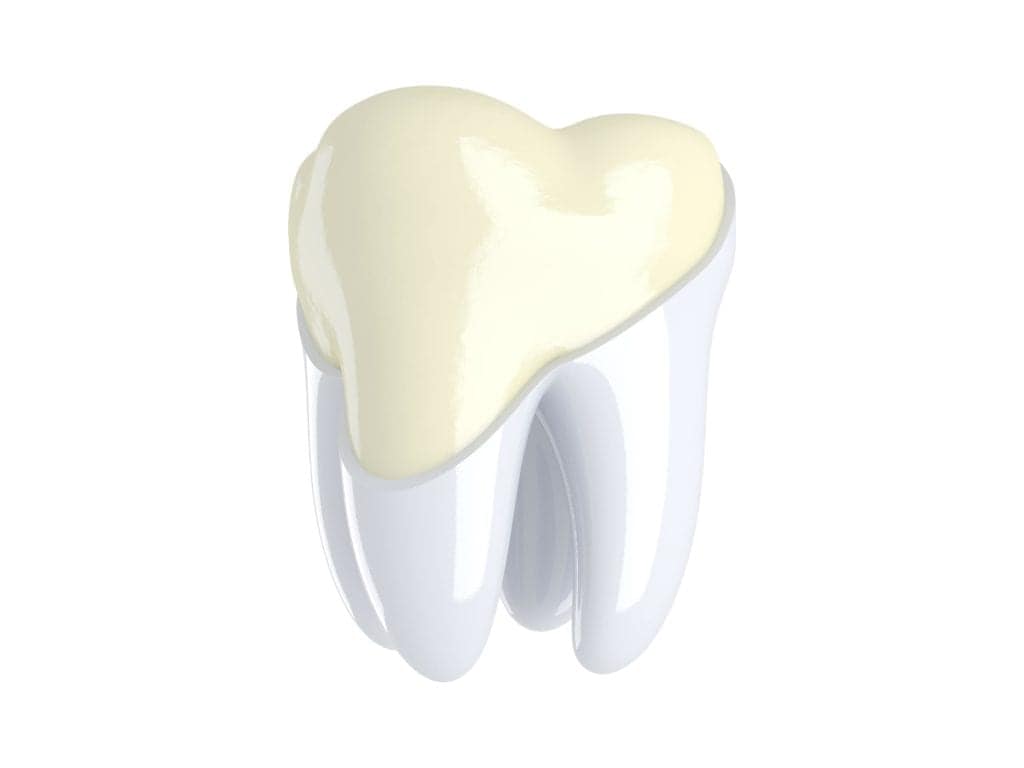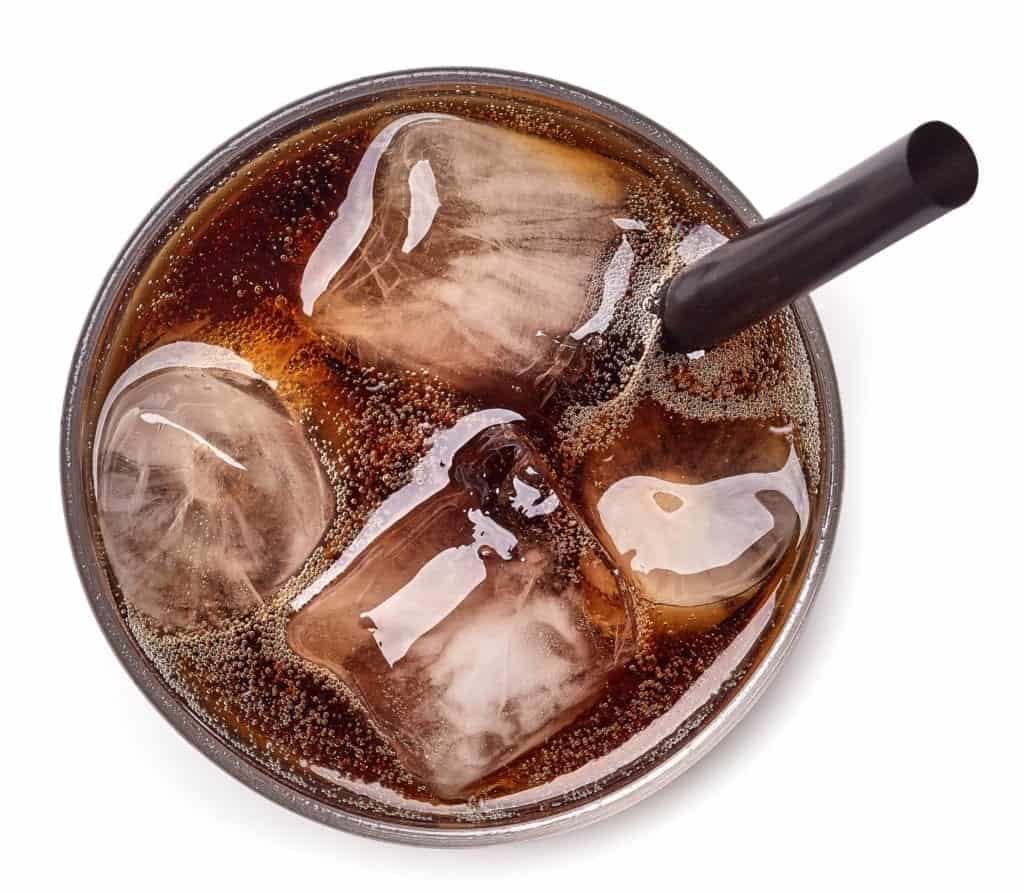Did you know that 56% of young adults ages 18-34 drink about 2.6 glasses of soda per day? Not only that, but when the Gallup poll was expanded, they found that as many as 48% of all American adults consume that much soda daily. Since soda is only one type of soft drink, this doesn’t even count the number of individuals who regularly consume other soft drinks such as fruit juices and sports drinks.
While soft drinks can be delicious and refreshing, they can also have some unfortunate side effects. In terms of your overall health, they can cause obesity, type-2 diabetes, and various other medical conditions. In terms of your oral health, they can cause the following:
Enamel Erosion

Many soft drinks, soda especially, contain citric, phosphoric, or tartaric acid. These acids begin to erode your enamel as soon as they are in your mouth and the effect lasts for about 20-30 minutes after you have finished drinking. In a study completed by the University of Michigan, as little as two weeks of daily soda drinking was found to erode about 3 mg/cm2 of tooth enamel. While soda is the main culprit, fruit juices and sports drinks can also cause enamel erosion. Unfortunately, even sugar-free soft drinks have the same erosive effect. For more information, see our article “What is Dental Erosion?”
Tooth Decay
Many soft drinks also contain varying levels of sugar. While this makes them taste good, excessive sugar intake is detrimental to your oral health because decay-causing bacteria feed off of sugar. First and foremost, this allows them to deposit an acidic waste product directly onto your teeth. Additionally, feeding the bacterial population causes them to reproduce and increase their numbers. Ultimately, this means more acid attacks.
When you combine the damaging effects of enamel erosion with increased bacterial populations, tooth decay becomes almost guaranteed. However, there are a few things you can do to reduce this risk. If you must have soft drinks, try these tips:
Limit Your Consumption
The best way to reduce the risk of tooth decay from soft drinks is to reduce the amount of soft drinks you consume. Ultimately, the less soft drinks you consume, the better. Instead, try drinking more water and milk.

Drink Quickly Through a Straw
Another way to reduce the risk of tooth decay from soft drinks is to minimize the amount of exposure between your teeth and your soft drink of choice. Two ways to do this are to drink from a straw and to drink quickly. This reduces the amount of contact your teeth have with the sugars and acids, as well as the amount of exposure time.
Do a Chaser
Once you have finished your soft drink, you can minimize the damage from both acid and sugar by drinking a chaser of water or milk. This helps to rinse off excess acid and sugar, as well as balance the pH in your saliva.
Visit Your Dentist
With an increased risk of tooth decay, it is more important than ever to stay caught up on your dental exams and cleanings. While it is recommended to see your dentist every six months, they may recommend additional appointments depending on the condition of your teeth.
Overall, soft drinks are considered to be detrimental to your oral health. Not only do they have no nutritional value, but they are loaded with acids and sugars. These acids and sugars can cause your teeth to become eroded and/or decayed over time. To protect your teeth from the risks associated with soft drinks, it is important to follow the above tips and to regularly visit your local dental office.

Dr. Dennis Laurich has been practicing dentistry for over 40 years. He received his DDS degree from the University of Michigan Dental School and regularly attends oral health care conventions to continue his dental education. This allows him to treat patients with the leading dental technology and methodologies. Additionally, he is a member of the American Dental Association, Michigan Dental Association, and the Detroit District Dental Society.




